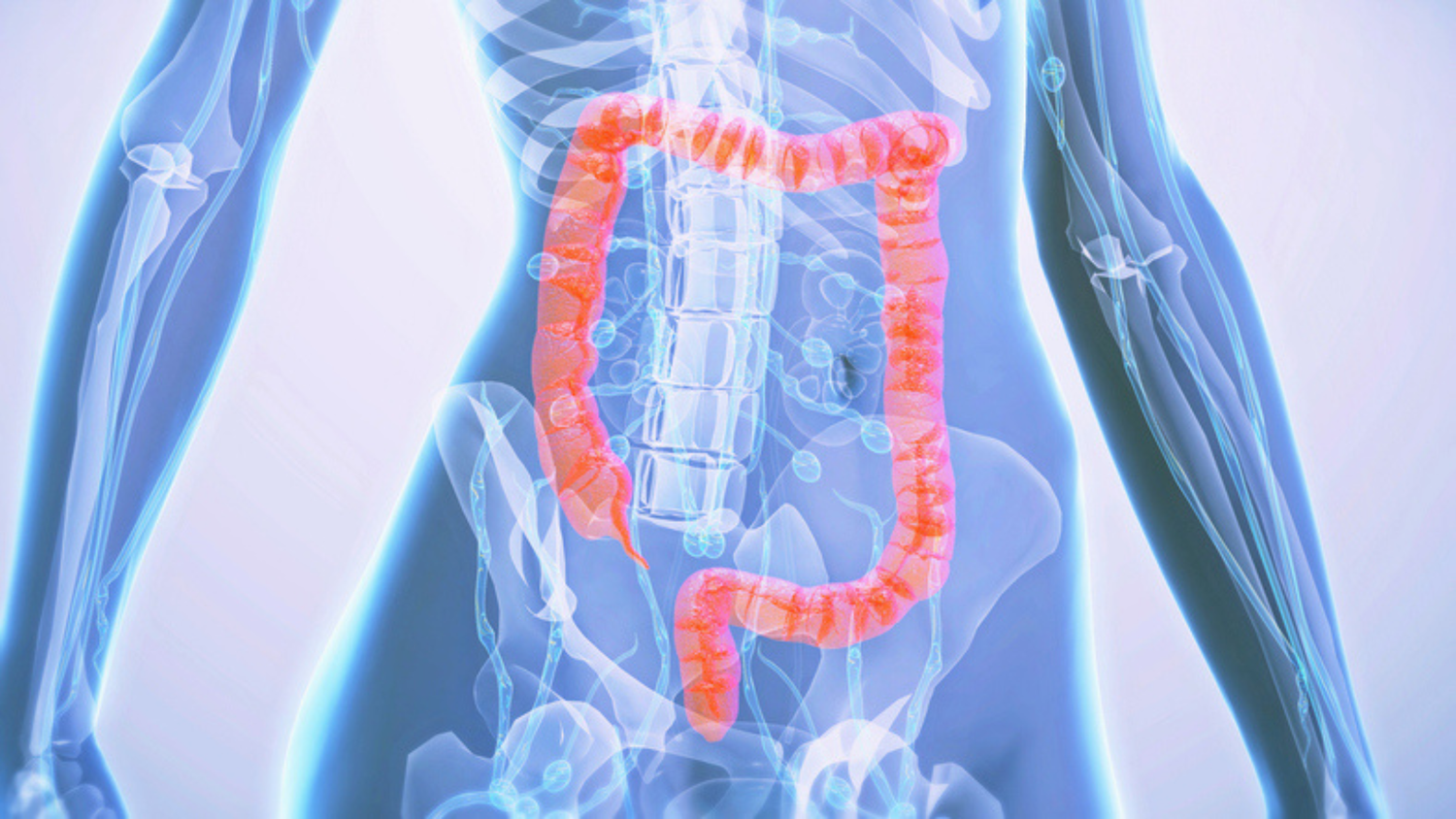Key Takeaways
-
A high-fibre diet supports healthy gut bacteria and reduces inflammation as we age.
-
Probiotics from fermented foods improve gut diversity and promote regularity.
-
Polyphenols are powerful plant compounds that help protect against age-related gut decline.
Did you know that by your 40s, the complex community of microbes in your colon begins to shift? Some beneficial bacteria start to decline, while others associated with inflammation may increase. But the best part? You can positively influence this process.
Scientists now believe the gut plays a major role in how well we age — from immunity to metabolism, and even brain function. And unlike genes, your diet is something you can control. Supporting your gut health through what you eat can slow colon ageing and help you feel better every day.
Fibre is the Foundation of a Youthful Gut
As you age, one of the most important dietary elements for your gut is fibre — particularly from plant-based sources. Fibre is more than just roughage; it’s essential nourishment for your gut microbes.
When you eat fibre, beneficial bacteria ferment it into compounds called short-chain fatty acids (SCFAs), such as butyrate.
These SCFAs:
- Feed colon cells and help maintain the integrity of your gut lining
- Reduce local inflammation and support immune function
- Regulate bowel movements and prevent constipation
Unfortunately, older adults often consume less fibre than recommended, which can lead to reduced microbial diversity and weakened gut barrier function. Soluble fibres from oats, barley, beans, fruits and vegetables are especially powerful. In fact, diets rich in these fibres have been shown to lower the risk of chronic disease and maintain gut health into older age (R).

Simple shifts, such as incorporating legumes into your meals, opting for whole grains over refined ones, and consuming a variety of vegetables, can help support a more youthful and resilient gut.
Fermented Foods Bring Good Gut Bacteria Back
Fermented foods — such as yoghurt with live cultures, kefir, kimchi, sauerkraut, miso and tempeh — have been enjoyed for centuries for their flavour and health benefits. Now, modern research confirms they can restore microbial balance, especially important as we get older.
As we age, microbial diversity tends to decrease, which can compromise digestion and increase inflammation.
Fermented foods contain live probiotic cultures that help:
- Reintroduce beneficial bacteria like Lactobacillus and Bifidobacterium
- Improve digestion and reduce bloating
- Support immune responses and reduce inflammatory markers
A 2021 study published in Cell found that people who consumed fermented foods daily showed greater microbiome diversity and reduced inflammation within just 10 weeks (R).

Incorporating a small serve of fermented food daily — like yoghurt for breakfast or miso in your soup — is a delicious and simple way to promote gut health and keep your microbiome thriving.
Polyphenols: The Plant Compounds That Protect Your Gut
Polyphenols are natural compounds found in fruits, vegetables, tea, coffee, olive oil and dark chocolate. They act as antioxidants, but their role in gut health is exciting.
These compounds:
- Encourage the growth of beneficial microbes, including Akkermansia muciniphila, which supports gut lining integrity
- Help reduce oxidative stress and inflammation in the colon
- Offer prebiotic-like effects, feeding the good bacteria
In older adults, polyphenols can help counteract the loss of microbial diversity and strengthen the gut barrier (R). Foods rich in polyphenols include berries, extra virgin olive oil, green tea, cocoa, apples, red onions and even red wine (in moderation).
Enjoying colourful, plant-rich meals — like a rainbow salad with olive oil dressing or a handful of berries with your morning oats — is a powerful way to support your gut as you age.
What Research Says About Gut Ageing
Emerging science is now showing that our “gut age” may be a better indicator of health than the number of candles on your birthday cake.
Studies have linked the gut microbiome to:
- Immune system strength and resilience (R)
- Inflammation and age-related diseases (R)
- Metabolic health and weight regulation (R)
- Mood, memory and brain function (R)
Gut ageing is marked by reduced microbial diversity, lower SCFA production, and a more permeable intestinal lining (sometimes referred to as “leaky gut”). These changes can increase inflammation and affect overall wellbeing.
But the exciting part is that the gut remains adaptable throughout life. Even in your 50s, 60s or beyond, your diet can positively reshape your microbiota and improve your gut’s biological age.

What to Gently Crowd Out for a Healthier Gut
While the focus should always be on adding nourishing foods, it’s helpful to be mindful of what can accelerate gut ageing. The good news is that reducing these doesn’t mean complete restriction — it’s about balance and awareness.
Factors that may negatively affect gut health include:
- Diets high in ultra-processed foods, which often lack fibre and contain additives that disrupt gut bacteria
- Excessive alcohol, which can damage the gut lining and microbial balance
- Low intake of fresh, whole plant foods, reducing SCFA production and microbial richness
Rather than cutting out, focus on crowding in more plant-based, high-fibre, and probiotic-rich foods. Over time, your preferences and habits naturally shift toward choices that make you feel better.
Lifestyle Habits That Keep Your Gut Younger
Diet isn’t the only way to influence gut health. Your lifestyle habits play a significant role too — and many of them are simple, enjoyable, and accessible.
Here’s how to give your gut a boost beyond the plate:
Exercise daily: Movement stimulates gut motility and supports microbial balance. Walking, swimming, gardening or yoga all count.
Prioritise sleep: Poor sleep patterns can disrupt the circadian rhythm of gut microbes.
Manage stress: Chronic stress impacts the gut-brain axis and may alter microbiota composition.
Spend time in nature: Exposure to diverse outdoor environments may help introduce a broader range of microbes.
Integrating these lifestyle habits into your routine can support a healthier, younger-feeling gut — and contribute to your overall sense of vitality.
Your Gut Deserves Care, at Any Age
Gut health isn’t just a wellness trend — it’s a cornerstone of overall health and ageing well. The good news is that it’s never too late to start making meaningful changes. By focusing on fibre-rich plants, fermented foods, and polyphenol-packed ingredients, you’re not just feeding your microbiome — you’re nourishing a vital system that influences everything from digestion to immunity and even how you feel day to day.
Would you like to learn more about how you can maintain your gut health at any age? Explore our Gut Health Articles here.





